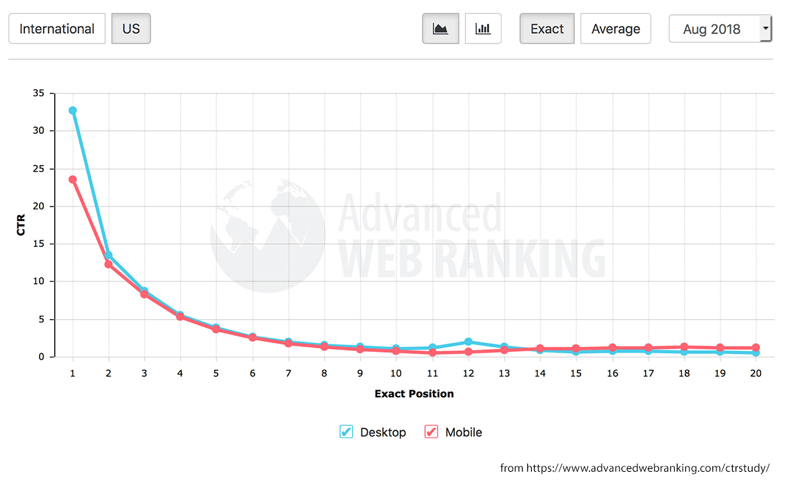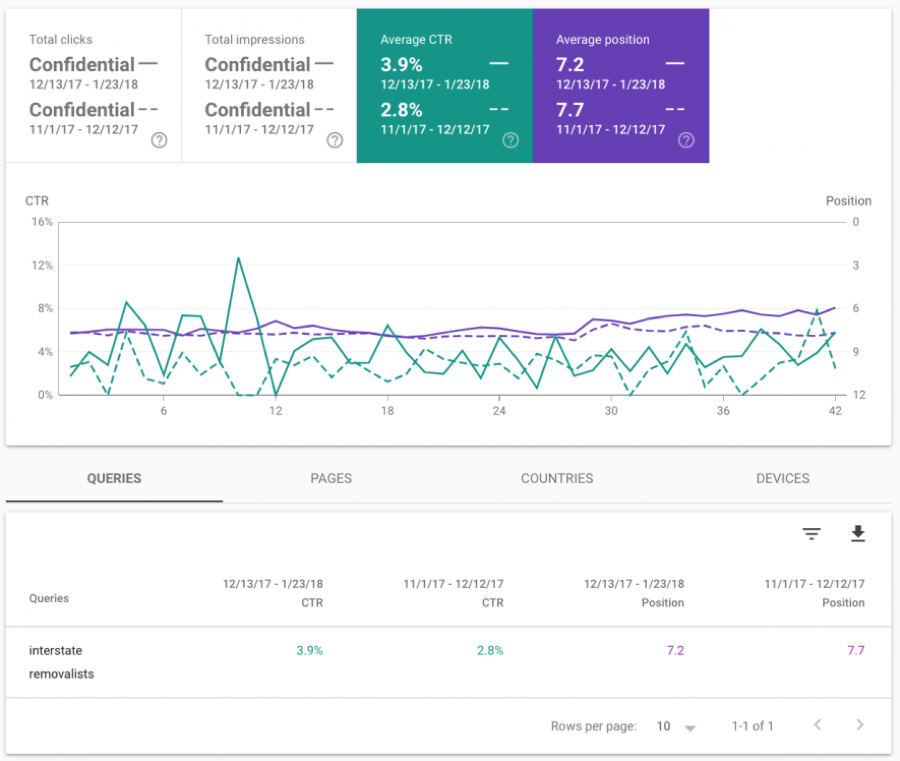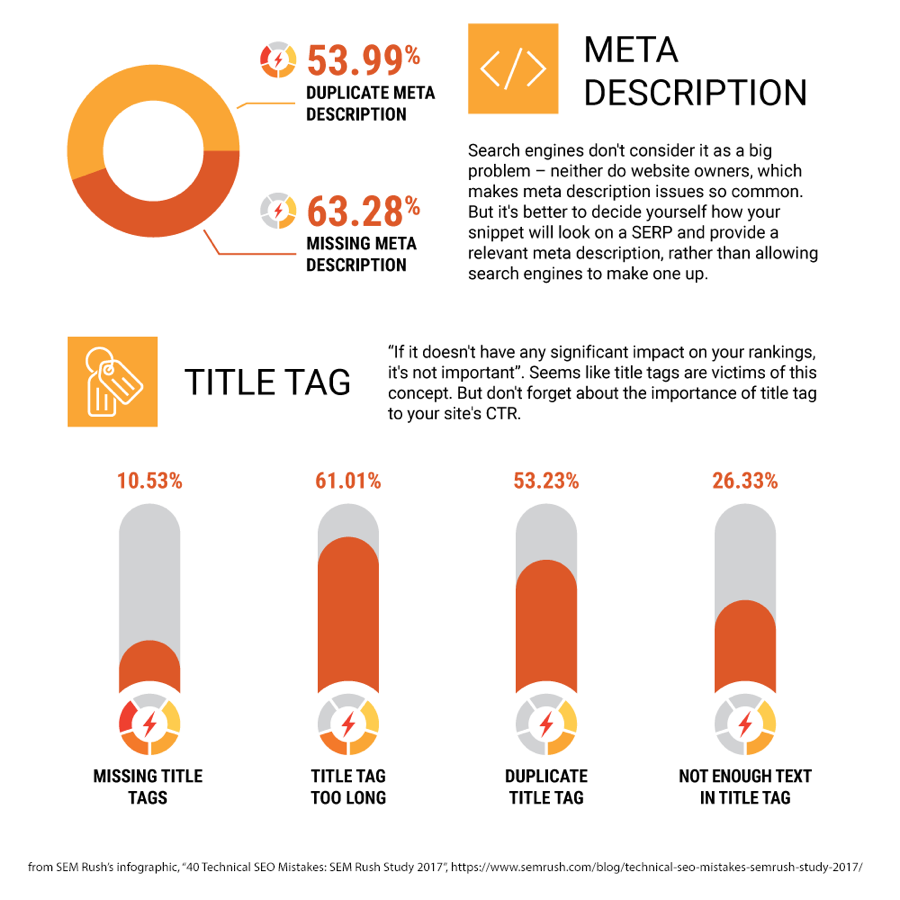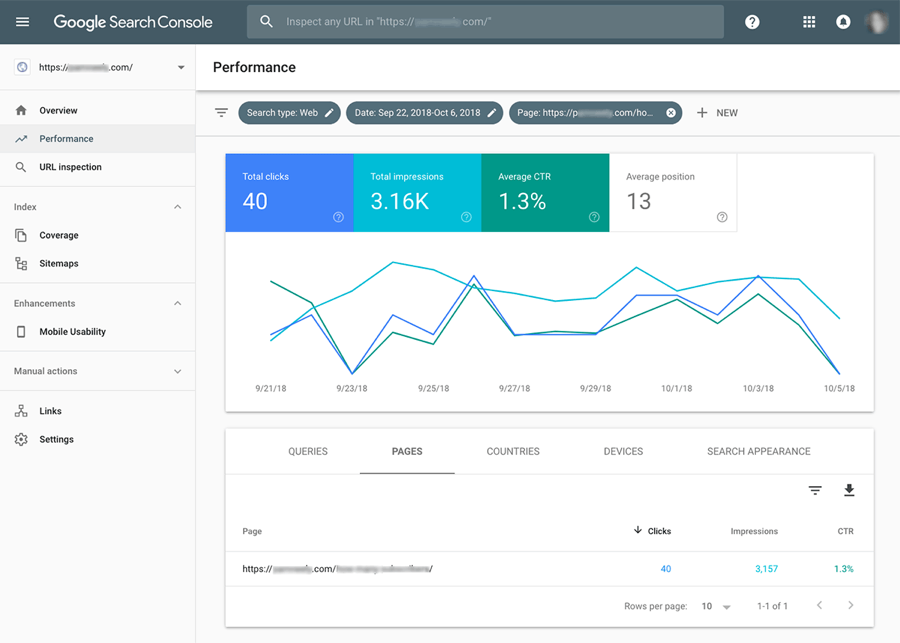Have you ever wondered “Does paid search help organic search”?
A lot of people who use Google Ads are curious about this. Some suspect that Google gives favors to its advertisers.
But that’s not how it works. Simply giving money to Google Ads is not going to change the organic rankings of your pages.
Google’s search algorithm does not dole out any credits to Google advertisers. You cannot buy your way to better listings by just spending more money with them.
That said… advertising on Google will probably increase your organic search rankings. But it’s not the “fault” of Google Ads.
Here’s why: The reason your site’s rankings are likely to improve is because of human behavior. Our behavior affects the rankings, too. And once you start advertising, people will respond to your site’s organic search listings a little differently than before.
To understand how this works, you need to understand how search engine rankings affect click-through rates in the first place – even when no ads are in the results.
Here’s a chart of how it breaks down.

This chart shows that if a search result listing moves up even one position, it’s likely to get more clicks: a lot more clicks.
For example, the average page in position four gets about a 5.5% click-through rate. If that page moves up to position three, it will get about an 8% click-through rate.
Say there are a thousand searches every month for whatever term this particular page ranks for. Before, at position four, the page was getting about 55 clicks per month. But now, in position three, it’s getting about 80 clicks per month.
That’s a 45% increase in clicks.
Of course, these are averages. The clicks per position data is an average, and the position itself is an average – Google is constantly moving listings around, testing new pages. But you get the gist of it. Even a small move up in the rankings can result in significantly more traffic.
Now let’s bring in how the ads affect all this.
As you know, there are hundreds of factors that can affect which position a page appears at in the search results. The content on the page, the number and quality of links pointing to the page – all that and more affects where the listing will show up.
But how often the listing gets clicked affects its position, too.
Because ads affect how often organic listings get clicked, ads can – indirectly – help move a page up in the search results.
Even if we don’t click the first time we see an ad, it can still affect our behavior. Just seeing an ad increases our familiarity with the brand. And so the next time we see an ad, or a search result listing, we are incrementally more likely to click.
Conversely, if we’ve seen an ad for a company within the last few days, we’ve become slightly more familiar with that company. And so we become slightly more likely to click on that company’s listing among search results, even for a search that happens several days later. We are more likely to click on what’s familiar.
When ads from the same company appear within sight of the organic listings of the same company, that changes click behavior, too: It makes us more likely to click the ad.
So in this indirect sense – yes – using Google Ads will increase the rankings of your organic listings. And that, in turn, will increase how much organic traffic your site gets from Google.
Paid search does help organic search results.
How to Use Paid Search to Help Organic Search
This click behavior actually reveals one of the best ways to increase traffic to your website. It’s an SEO strategy that doesn’t involve creating new content, or waiting months for pages to be re-indexed, or any technical SEO wizardry.
You just have to start thinking of the title tags and meta descriptions of your pages as if they were ad copy.
Once you do start treating these text areas like ad copy – and optimizing them for clicks (like you would do for ad copy) – your pages’ listings will start to rise in the search results. Your pages will get more organic search traffic.
One SEO company found that just writing a longer meta description can increase CTR by 36%.

Optimizing your pages’ title tags and meta descriptions will also give you a major advantage over most of your competitors, too. This is because marketers tend to completely neglect this part of their website. Incredibly, 63% of all web pages have no meta description.

If you’ve got a really big site, it might be intimidating to think about rewriting the title tags and meta descriptions for, say, 500 pages.
So don’t. Figure out which, say, 50 pages are most important to your business, then optimize those. Work on the remaining 450 pages (or however many you have) as you can, in order of their priority.
So how do you optimize these pages? Well, take a look at the organic search listing below.

Notice how there’s a title tag, and then a description tag? Notice how that very closely matches the format for Google text ads?

Stop me if you know where this is going.
You’re going to start testing your pages’ title tags and meta description tags in ad copy. For each page. And you’re going to split-test those ads, and you’re going to run those ads until you have statistically valid results.
Because doing this could very well double your organic search traffic.
If the idea of testing all those listings in Google Ads is overwhelming, there is another way. There’s a tool that will test them for you (in addition to our own ad testing tool partner, AdAlysis).
The tool for testing page titles is Yo Rocket (It was built by Brian Dean, the fellow who runs Backlinko). Yo Rocket can manage all the testing of title tags for you… if your site is on WordPress.
Conclusion
You can use Yo Rocket if you wish. Or set up some ads to start testing your most valuable pages. Or maybe you’d rather dig into your Search Console reports and manually track how changes to your title tags and meta descriptions affect your pages.
Those reports will look like this:

You could also just sit back and enjoy the small lift you’re already getting by advertising with Google Ads. Because it is actually true that paid search does help organic search results – at least indirectly.
Or maybe, if you haven’t been advertising with Google Ads, it’s time to start.
Just don’t blame Google Ads for how your pages perform in the organic rankings. It’s actually the human searchers’ “fault”.
Image Credits
Feature Image: Unsplash / Annie Spratt
Image 1: via Advanced Web Ranking
Image 2: via SEMrush
Image 3: via SEMrush
Image 4: via screenshot of Google Search Console



